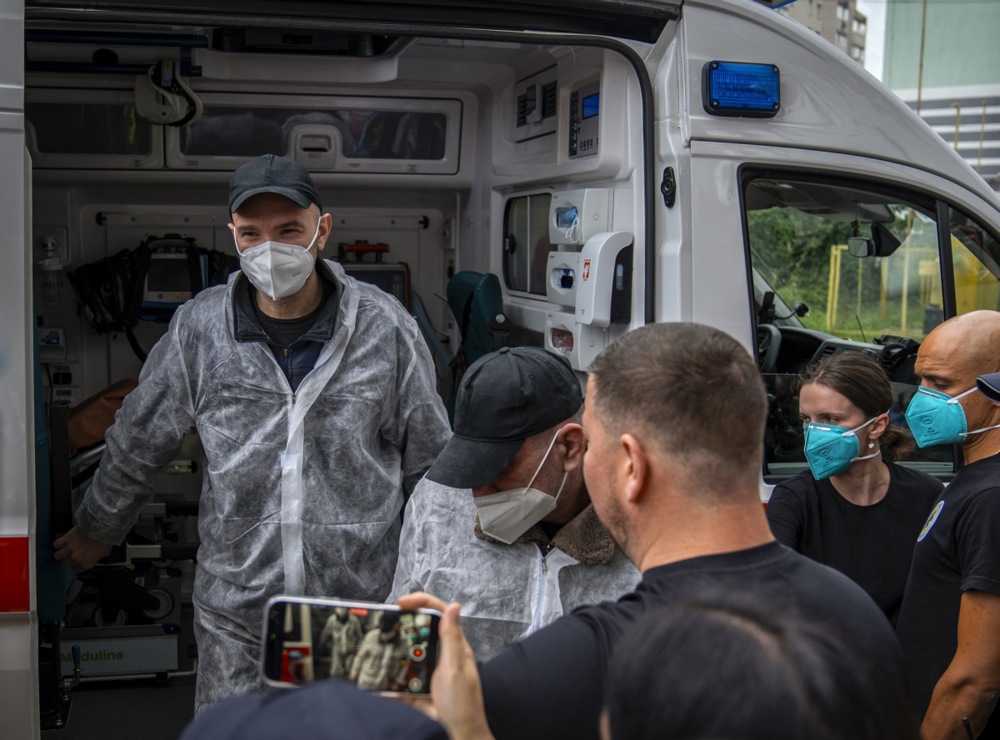“Confrontation with Russia has gone up a notch,” according to French President Emmanuel Macron.
His comment came today as he announced plans to overhaul France’s voluntary community work and strengthen what he calls the “army-nation pact”.
The move, presented as a response to a deteriorating security environment, marks the most significant change to the community work – known in France as Service National Universel or SNU – since its creation.
Speaking on RTL radio this morning, Macron addressed the worsening security situation and the increasingly aggressive stance of Russia at the same time as the SNU reform.
He said France must adapt to a new phase of hybrid conflict in Europe, driven by Russia’s actions.
The SNU would be transformed into “a new form”, with details to be unveiled on November 27 during a visit to the Varces military base in southeastern France. The reform, he suggested, aims to familiarise more people with the armed forces and encourage broader participation in France’s military reserve.
“It is very clear that we must strengthen the army–nation pact,” he said. He added that modern conflict required citizens to understand how their armed forces operate and to contribute skills the reserve increasingly relies on.
The changes revive debate over a possible return of a more structured national service, although precise details remain unclear.
Macron’s comments come as French military officials have been issuing sharper warnings about security risks. On November 22, the Chief of Defence Staff General Fabien Mandon called for the country to “alert and prepare” in the face of possible conflict, a message the President publicly supported.
Macron said this morning that France would not send troops to the Ukrainian front line but acknowledged that multinational “reassurance forces” were being deployed to fallback sites such as Kyiv and Odessa.
“We must not panic the French. We are not going to send troops,” he said.
He said there is a broader pattern of Russian pressure on Europe: A full-scale war in Ukraine, attempts to push migrants through Belarus into Poland, cyberattacks on European democracies, drone incursions into European airspace and influence operations designed to destabilise EU countries.
Allowing Ukraine to falter, he argued, would send a signal of weakness that Moscow would exploit.
“If we are weak in Ukraine and let it fall, Russia will continue pushing forward with the aim of recovering its former Soviet grandeur. If we want to protect ourselves, we must show that we are not weak,” Macron said.
His remarks followed Ukraine President Volodymyr Zelensky’s visit to Paris on November 17, during which the two countries signed a letter of intent for Kyiv to acquire up to 100 Rafale fighter jets and new air-defence systems.
The agreement was presented as part of a long-term effort to reinforce Ukraine’s defence capability — and, in Macron’s words, “another step in Europe’s response to an increasingly assertive Russia”.





